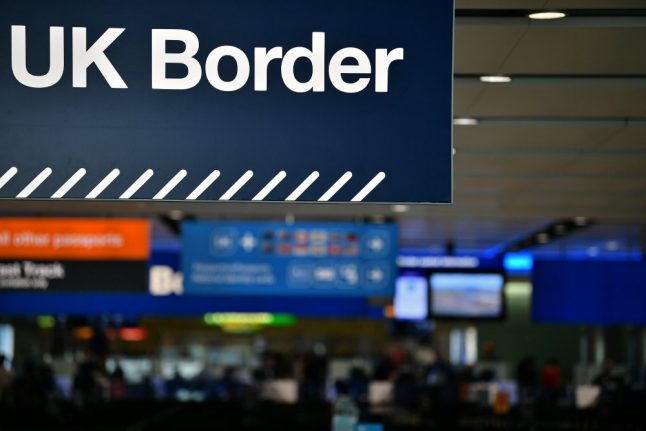The UK on July 10th began lifting its quarantine for travellers from certain countries that it deemed 'safe' – including Norway.
However, although it is no longer necessary to self-isolate when travelling to the UK from Norway, passengers do need to fill out the contact locator form before leaving Norway.
The form asks for detailed information about your journey, where you will be staying in the UK, contact information and details of someone who can be contacted if you fall ill – so it's best not to leave the form to the last moment as your train/ferry/flight is about to depart.
The form can be accessed online here and you can show either a printout or a completed version on your phone. You cannot submit the form more than 48 hours before you travel.
The information you need to provide includes;
- your passport details
- the name of the airline, train or ferry company you’re travelling with
- the name of the company organising your tour group – if you’re travelling as part of a tour group
- your booking reference
- the name of the airport, port or station you’ll be arriving into
- the date you’ll be arriving
- your flight, train, bus or ferry number
- the address you’ll be staying at for your first 14 days in the UK
- details of someone who can be contacted if you get ill while you’re in the UK
People travelling from the UK to Norway will be given information about the procedure when they leave the country.
The UK did not have international travel restrictions during the strictest phase of the lockdown, but on June 8th introduced a mandatory 14-day quarantine for all international arrivals.
From July 10th these were lifted for arrivals from a list of 'safe' countries which included European countries like Norway.
The initial announcement from the UK government referred only to arrivals in England, but devolved authorities in Scotland, Wales and Northern Ireland later confirmed that they would be applying the same rules. The list of countries from where you can travel to England and may not have to self-isolate can be found on the UK government's website.
From July 15th, Norway will allow residents to travel out of the country for tourism to all but seven countries in the European Union/EEA and Schengen countries.
The countries and regions that will remain classed “red” by the Norwegian Institute of Public Health are Bulgaria, Croatia, Luxembourg, Portugal, Romania, Hungary, and all of Sweden except the counties of Skåne, Blekinge and Kronoberg.
On July 1st, the EU began opening up its external borders to countries deemed to be low risk from Covid-19, although travellers from the USA remain excluded.
READ ALSO: MAP: Which countries are open for tourism to and from Norway



 Please whitelist us to continue reading.
Please whitelist us to continue reading.
Member comments